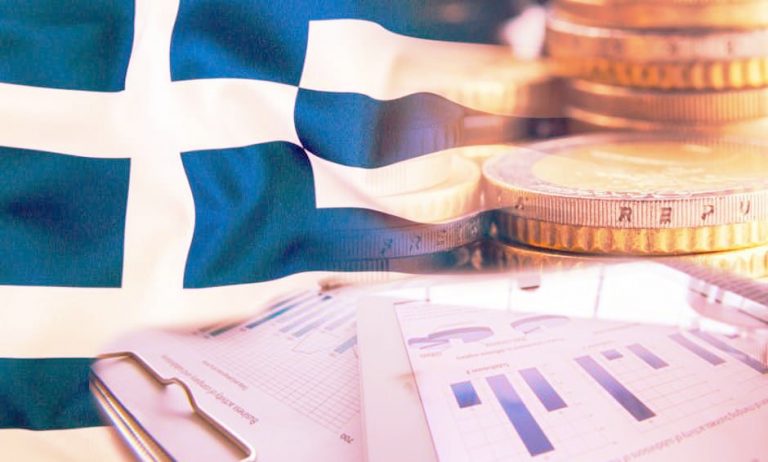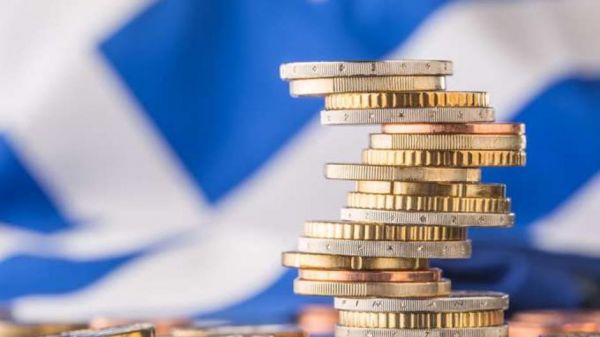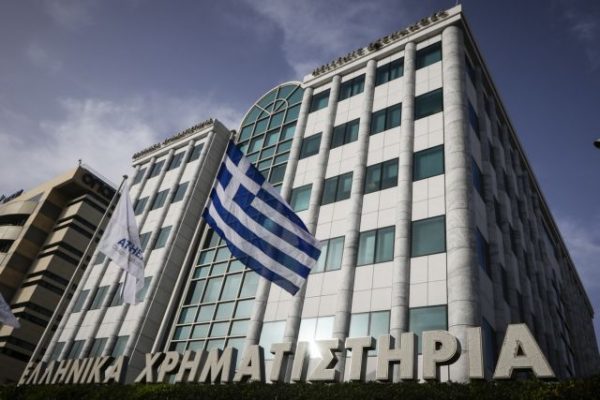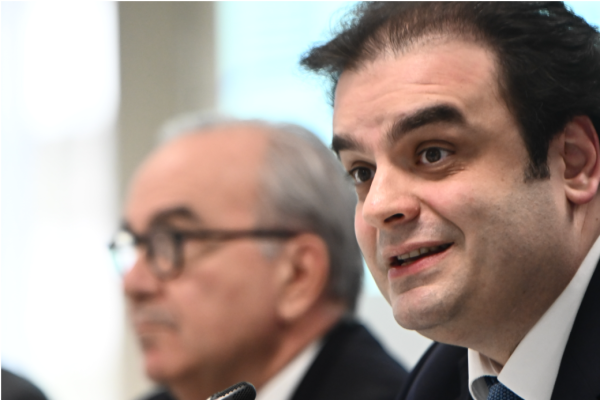
Bank analysts appear confident of Greece’s quick return to investment grade “territory”, a Reuters article conveyed on Friday, nearly a week after center-right New Democracy (ND) achieved a 41-percent showing in a general election but still below the figure needed to form a majority government.
Another ballot will be held on June 25, but under a revised electoral law that gives the first-past-the-post party a bonus of between 25 and 50 deputies.
According to the article, bylined by Yoruk Bahceli, “…Greek bonds are already trading as though the country has regained investment grade, bank analysts that deal with Greek government debt told Reuters on Friday, with the news agency reporting that investors consider Greece’s return to investment-grade credit ratings “a done deal”.
“Investors are hopeful that the New Democracy Party – the clear winner in Sunday’s election though it fell short of an outright majority – will stay in power after a repeat vote in June and continue reforms, paving the way for Greece to reclaim the ratings,” Reuters said.
According analysts, “after this week’s sharp drop in borrowing costs, the bonds were already trading like investment-grade paper,” while Reuters notes that Greek 10-year bond yields around 3.9 pct “are now trading about 50 bps below Italy’s”, which “has investment-grade credit ratings from three big ratings agencies”.
“Greek 10-year bond yields have fallen nearly 15 basis points (bps) following Sunday’s election result.
The additional yield or spread Greek bonds pay over safe-haven Germany – which reflects their risk premium – is at its lowest since 2021,” Reuters reported.
It also noted that “Since its bailout programme ended in 2018, Greece has regained market access, wrestled down its record public debt and growth is set to continue outpacing the European Union average this year and next.”
“A return to the much-coveted investment grade would be more than symbolic for the country. It would make Greek debt eligible for government bond indexes, attracting steady demand from a much bigger pool of global investors,” it said.
Analysts also noted, however, that the upgrade – which could come as early as October from S&P Global Ratings – is “already in the price” and will not lead to a sharp reduction in Greek bond yield spreads relative to German bonds.
Jean-Christophe Machado, rates strategist at BNP Paribas, expects Greece to offer a 125 to 180 basis point spread over Germany once rated investment-grade and included in indexes, compared to around 140 bps currently.
Similarly, according to Reuters, “Societe Generale rates strategist Sean Kou also expects little impact from an S&P Global upgrade in October, recalling what happened with Portugal in 2017.”
“A reason why we think it is already priced in is because now pretty much everyone is expecting that (upgrade),” Kou is reported saying.
According to Commerzbank’s head of rates and credit research Christoph Rieger, official inclusion in the indexes could attract index buyers, but there may also be some selling from fast money investors like hedge funds that had bought Greek debt in anticipation of a move.
“Once that happens, they may cash out. So that’s why I think net net, there shouldn’t be a big rally on the back of the upgrade,” Rieger said.
Latest News

Servicers: How More Properties Could Enter the Greek Market
Buying or renting a home is out of reach for many in Greece. Servicers propose faster processes and incentives to boost property supply and ease the housing crisis.

Greek Easter 2025: Price Hikes on Lamb, Eggs & Sweets
According to the Greek Consumers’ Institute, hosting an Easter dinner for eight now costs approximately €361.95 — an increase of €11 compared to 2024.

FM Gerapetritis Calls for Unified EU Response to Global Crises at EU Council
"Europe is navigating through unprecedented crises — wars, humanitarian disasters, climate emergencies," he stated.

Holy Week Store Hours in Greece
Retail stores across Greece are now operating on extended holiday hours for Holy Week, following their Sunday opening on April 13. The move aims to accommodate consumers ahead of Easter, but merchants remain cautious amid sluggish market activity.

Green Getaway Ideas for Easter 2025 in Greece
Celebrate Easter 2025 in Greece the sustainable way with eco-farms, car-free islands, and family-friendly getaways rooted in nature and tradition.

Civil Protection Minister Details Summer Firefighting Plans at Delphi Forum
At the 10th Delphi Economic Forum, Minister of Climate Crisis and Civil Protection Yiannis Kefalogiannis discussed Greece's plans for the upcoming fire season.

How Shops and Markets Will Operate During Easter Holy Week
The Easter holiday schedule has been in effect since April 10, with retail stores open Palm Sunday, and most supermarkets also operating to meet consumer demand for Easter shopping

Why Is the French Aircraft Carrier Charles De Gaulle in Piraeus?
Docking in Piraeus after a four-month deployment in the Indo-Pacific region, the admiral of the aircraft carrier the Charles de Gaulle says, "Greece is our best partner in the Mediterranean."

Riots and Vandalism in Downtown Athens Exarcheia Region
Night of unrest in downtown Athens' region of Exarcheia – 11 Cars Burned, 72 Detentions

Truth Team: Is the PM and his team telling the truth, the whole truth and nothing but the truth?
The Greek government spokesman noted that "a private individual received payment from other private individuals, and for some people this is a horrifying revelation."







































 Αριθμός Πιστοποίησης
Αριθμός Πιστοποίησης